Many ways to distribute fake food
Unsafe food is an immediate threat (acute food poisoning, digestive disorders, nausea, vomiting, diarrhea); leaving long-term and serious consequences for health with chronic diseases (cancer, liver failure, kidney failure, effects on the reproductive system), due to chemical contamination, pathogenic microorganisms.
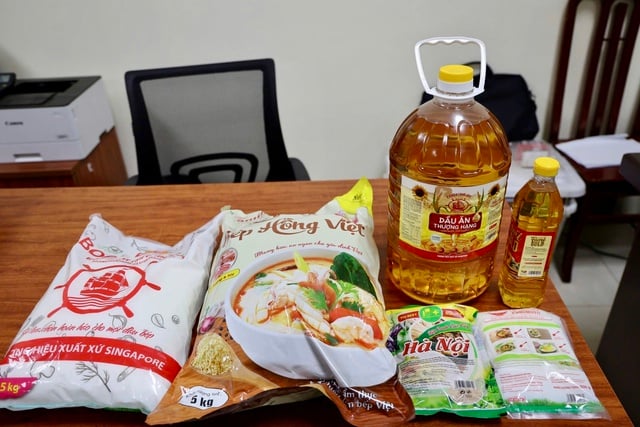
Counterfeit food consumed through different distribution channels
PHOTO: CACC
The above recommendations were issued by the Food Safety Department ( Ministry of Health ) this afternoon, April 27, after hundreds of tons of fake food, food of unknown origin, and food soaked in chemicals were recently discovered by the police.
According to the Food Safety Department, cases of poor quality food and fake food have been continuously discovered, such as the seizure in Phu Tho of more than 71 thousand liters of cooking oil, about 40 tons of MSG, 22 tons of seasoning powder, 9 tons of fake broth powder; dozens of tons of food of unknown origin such as frozen chicken, frozen chicken organs, sausages, Chinese sausages, and mixed hotpot balls discovered and seized in Hanoi ; and bean sprouts soaked in chemicals in Nghe An.
The ways of consuming and distributing these foods are very different, including through social networks, traditional markets, bringing them to collective kitchens, industrial zones, schools... at low prices.
Consequences of fake food, food contaminated with chemicals
Unsafe food ingredients used in food processing in collective kitchens cause consequences such as a large number of people getting sick, not only affecting production, but also harming the health and economy of students, workers, businesses, and causing social instability.
The Food Safety Department recommends that units and companies providing collective meals must strictly implement the principles of ensuring food safety, choosing safe input materials with clear origins. Only import raw materials from reputable suppliers with business licenses and food safety certificates.
Check product quality, prepackaged processed ingredients, food additives, flavors, and spices must have proper labels and expiration dates. Ingredients must not show signs of damage, mold, or be crushed.
"Units with collective kitchens and providing collective meals need to sign contracts to supply raw materials with units that commit to ensuring quality, have periodic inspections, and trace the origin when an incident occurs," the Food Safety Department noted.
In addition, the processing and preparation process must comply with safety regulations, the processing area must be clean, and raw and cooked foods must be processed separately. Processors must wash their hands regularly, wear protective clothing, hats, and masks throughout the work process. Processing tools must be cleaned before and after use.
Food must be stored at appropriate temperature conditions to avoid cross-contamination, insects and pests; avoid overdue inventory; monitor and inspect regularly and store samples according to regulations for retrieval when needed.
Source: https://thanhnien.vn/thuc-pham-gia-lot-vao-bep-an-tap-the-185250427192941666.htm


![[Photo] General Secretary To Lam receives Chief of the Central Office of the Lao People's Revolutionary Party](https://vphoto.vietnam.vn/thumb/1200x675/vietnam/resource/IMAGE/2025/5/30/140435f4b39d4599a3d17975dfb444c5)

![[Photo] A delegation of 100 journalists from the Vietnam Journalists Association visits the soldiers and people of Truong Sa island district.](https://vphoto.vietnam.vn/thumb/1200x675/vietnam/resource/IMAGE/2025/5/30/0984a986227d4e988177f560d2e1563e)
![[Photo] National Conference "100 years of Vietnamese Revolutionary Press accompanying the glorious cause of the Party and the nation"](https://vphoto.vietnam.vn/thumb/1200x675/vietnam/resource/IMAGE/2025/5/30/1cf6cd5c8a934ebfa347028dcb08358c)
![[Photo] Journalists moved to tears at the Memorial Service for the soldiers who died in Gac Ma](https://vphoto.vietnam.vn/thumb/1200x675/vietnam/resource/IMAGE/2025/5/30/9454613a55c54c16bf8c0efa51883456)

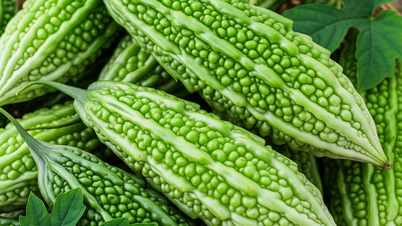


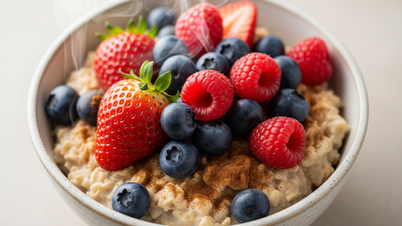










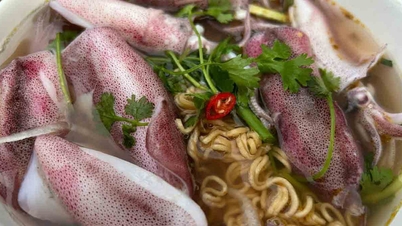












































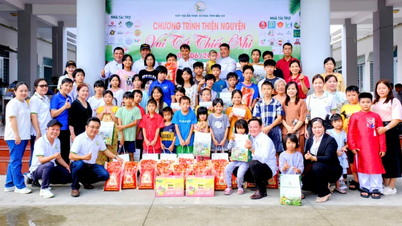

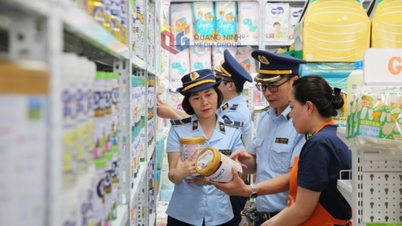





















Comment (0)